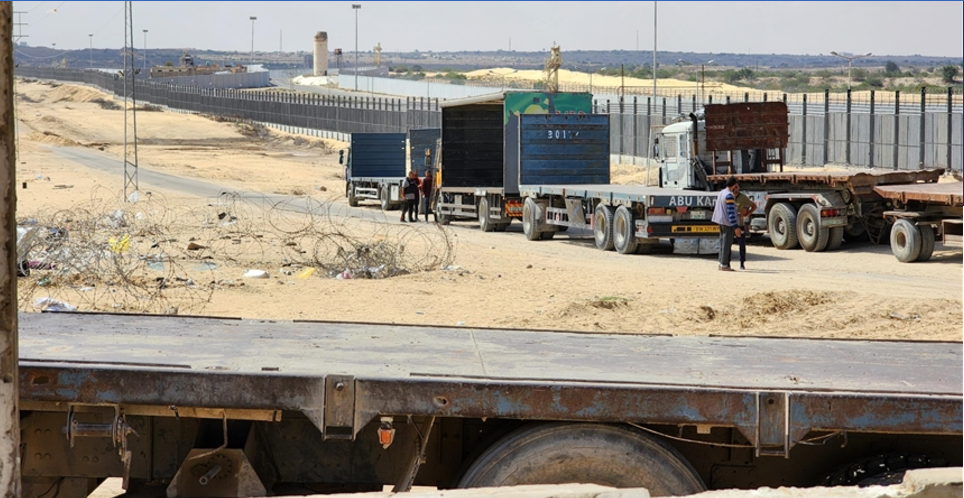
Representatives from Fatah and Hamas are currently reviewing proposals put forward by Egypt regarding the potential reopening of the Rafah border crossing between Gaza and Egypt. The discussions, which come amid growing humanitarian concerns in Gaza, have been welcomed by both sides as a possible step toward alleviating the suffering of Palestinians in the region.
The Rafah crossing, a key point of entry and exit for people and goods, has been closed for prolonged periods due to political tensions and security concerns. The ongoing blockade of Gaza has made the reopening of this crossing a critical issue for both the residents of Gaza and international observers. The proposals being reviewed by Fatah and Hamas reportedly focus on increasing the flow of essential goods, as well as providing a safe and controlled environment for the movement of people.
Egypt has long been a key mediator in the Israeli-Palestinian conflict, and its involvement in facilitating dialogue between the factions is seen as a positive development. The country has expressed its concern over the humanitarian situation in Gaza, particularly with regards to shortages of food, medicine, and basic necessities.
Fatah, the dominant political faction in the West Bank, and Hamas, which controls Gaza, have historically been at odds over governance and strategy. However, both sides appear to recognize the importance of finding common ground on the border issue, with the prospect of improving the living conditions of Palestinians in Gaza.
According to sources close to the negotiations, the proposals include plans for Egyptian border officials to work alongside Palestinian authorities to ensure the safe and efficient management of the crossing. The reopening could also help facilitate medical evacuations and the movement of students, traders, and other individuals who rely on the crossing for livelihood or family connections.
Despite these positive signs, challenges remain. Both factions must overcome internal divisions and address security concerns to reach a consensus on the terms of the reopening. The proposal also faces opposition from some political and military groups, who are wary of allowing greater movement across the border, fearing it could be exploited for political or security purposes.
International bodies such as the United Nations and various human rights organizations have urged for the swift reopening of the Rafah crossing, citing the worsening humanitarian crisis in Gaza. They have also called for the immediate provision of medical and humanitarian aid to those affected by the ongoing conflict and blockade.
As the discussions continue, the hope is that the Egyptian proposals will pave the way for a long-term solution to the border issue, fostering better cooperation between Palestinian factions and ultimately improving the lives of Palestinians in Gaza. The outcome of these talks could have significant implications for the future of the region, depending on whether both Fatah and Hamas can put aside their differences and agree to a unified approach.

